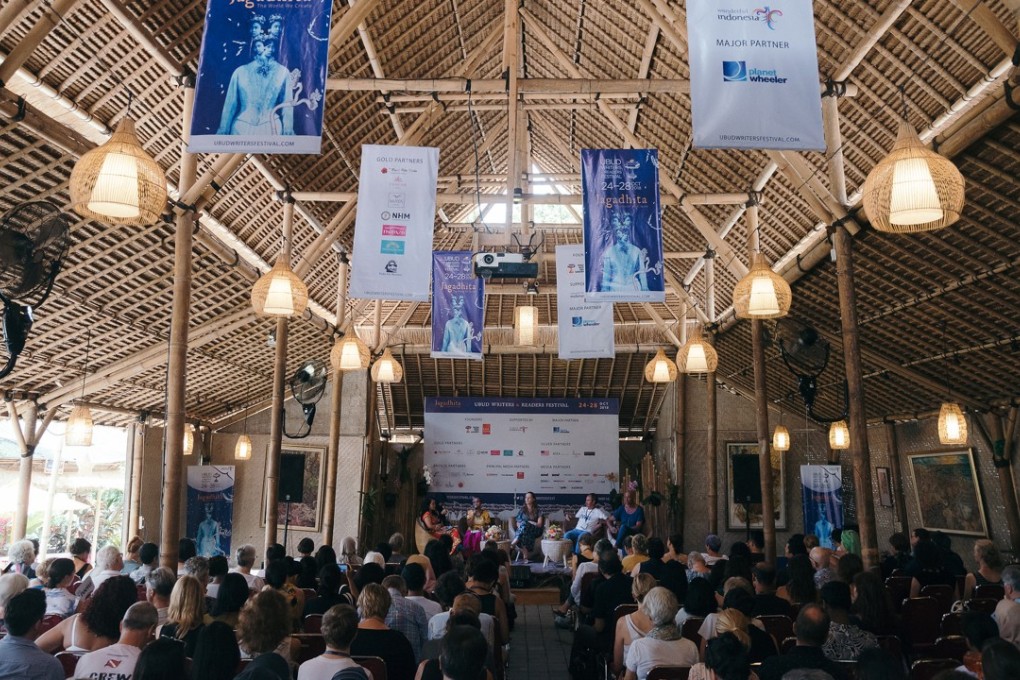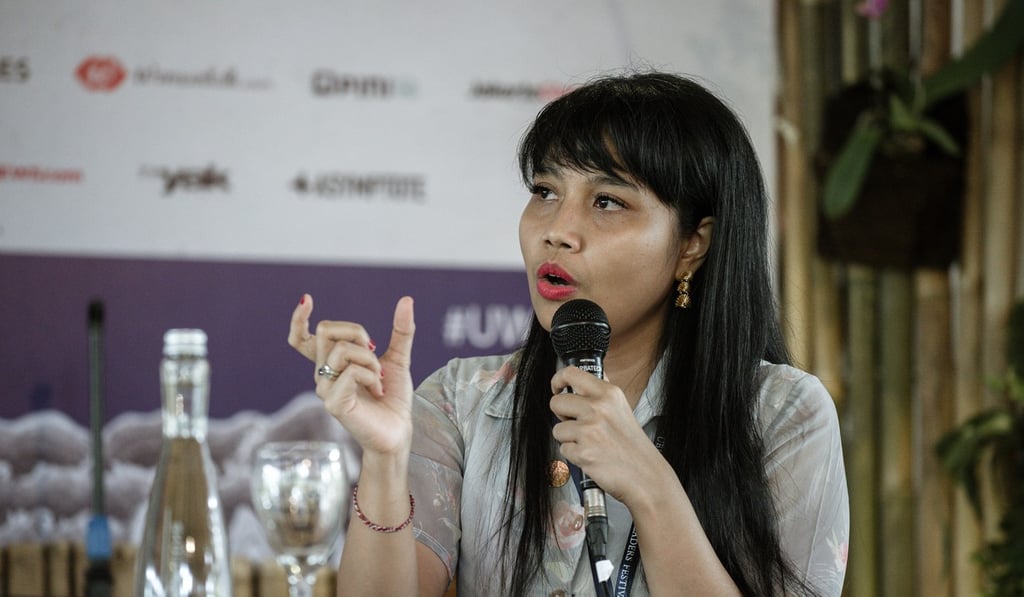Sexual violence, homophobia, deforestation: Indonesian writers and activists on country’s biggest challenges
- At Ubud Writers and Readers Festival, Indonesian writers, academics and activists speam about societal and environmental issues the country must overcome
- Four of them offer perspectives on the most urgent issues

The 15th Ubud Writers and Readers Festival wrapped up on October 28, after five days of panels featuring more than 150 speakers. Established by Ubud businesswoman and writer Janet DeNeefe to invigorate the economy after the devastating Bali bombings, it has grown to be a vibrant cultural event.
Saras Dewi – poet, academic and activist

“There’s been a spike in reports of sexual violence in Indonesia. The most recent figures show 348,000 complaints were made last year. Not all women in Indonesia have the power to report, so we have to imagine a larger amount of violence.
“The largest amount of violence occurs in the private sphere – in courtship and marriage. In Bali, divorce is considered very shameful for women. A lot of this is from a religious perspective, so if you get divorced, you won’t get to heaven. As a result, the numbers for divorce are very low.
“There was a recent case of domestic violence in Bali that was very shocking. A woman’s feet were cut off by her husband who accused her of cheating. [The woman, a domestic worker for an Australian family in Canggu, told the Daily Mail: He came in a little drunk and angry at me. He hit me and then took a machete [to] my legs in bed.’] That happens a lot in Indonesia.